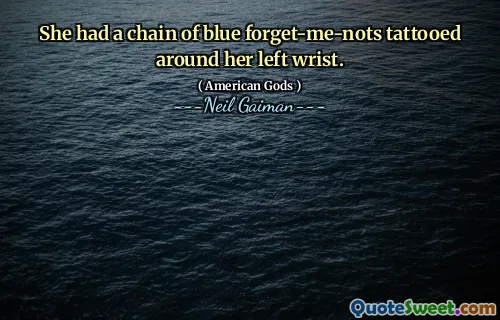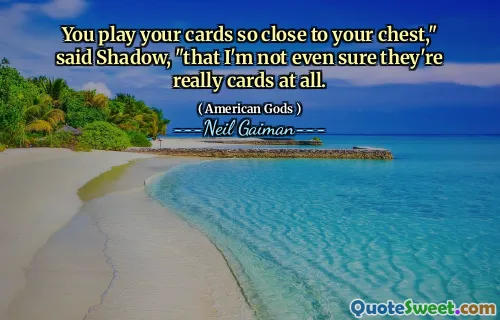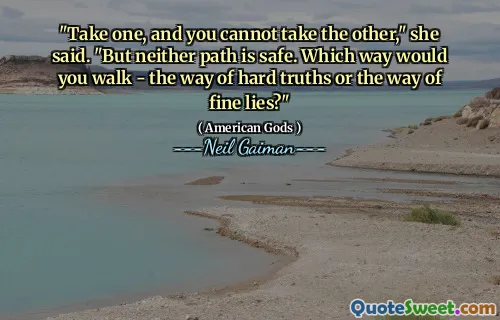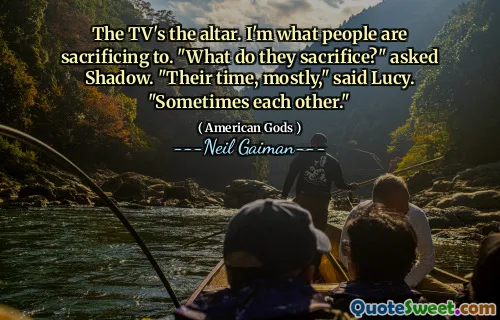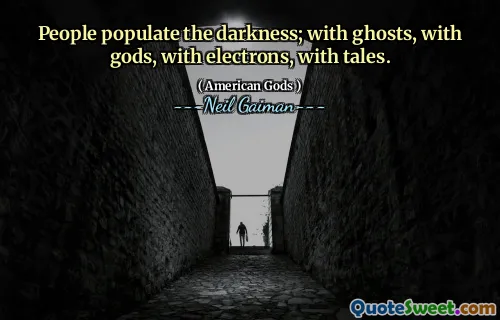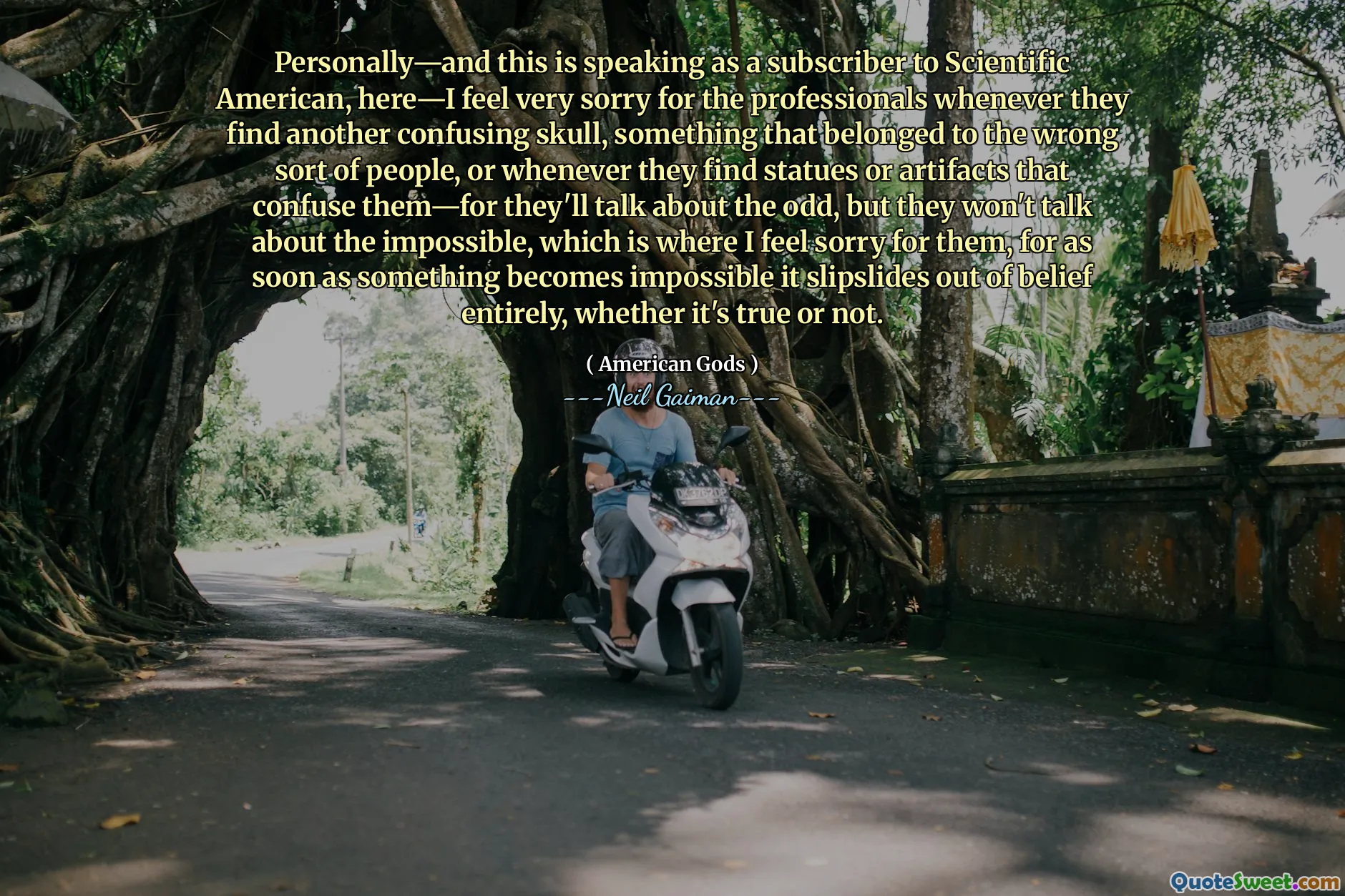
Personally—and this is speaking as a subscriber to Scientific American, here—I feel very sorry for the professionals whenever they find another confusing skull, something that belonged to the wrong sort of people, or whenever they find statues or artifacts that confuse them—for they'll talk about the odd, but they won't talk about the impossible, which is where I feel sorry for them, for as soon as something becomes impossible it slipslides out of belief entirely, whether it's true or not.
This quote touches on the fascinating relationship humans and experts have with the concept of belief, especially in fields like archaeology and anthropology. It highlights an intrinsic tendency to accept or dismiss discoveries based on their compatibility with established beliefs. The speaker empathizes with professionals who encounter artifacts or remains that defy their current understanding—those 'confusing' objects that challenge prevailing narratives. The frustration or helplessness these scientists might feel stems from the difficulty of integrating the inexplicable into accepted frameworks. Interestingly, the speaker notes that experts may be quick to dismiss the impossible outright, seeing it as outside the realm of rational analysis, thus removing it from the pool of believable truths. This behavior underscores a broader truth about human cognition: when faced with data or phenomena that threaten to unravel our worldview, there's an innate resistance to acceptance, primarily because acknowledging the impossible can shake foundational beliefs. The quote implicitly suggests that all discoveries, even those deemed impossible, have the potential to expand our understanding if approached with openness rather than outright denial. Recognizing that the impossible might someday become comprehensible invites us to maintain curiosity and humility. As a reader, I find this perspective both empathetic and inspiring—it encourages us not to dismiss the unknown prematurely but to engage with it thoughtfully, understanding that what is impossible today may be tomorrow's reality.

